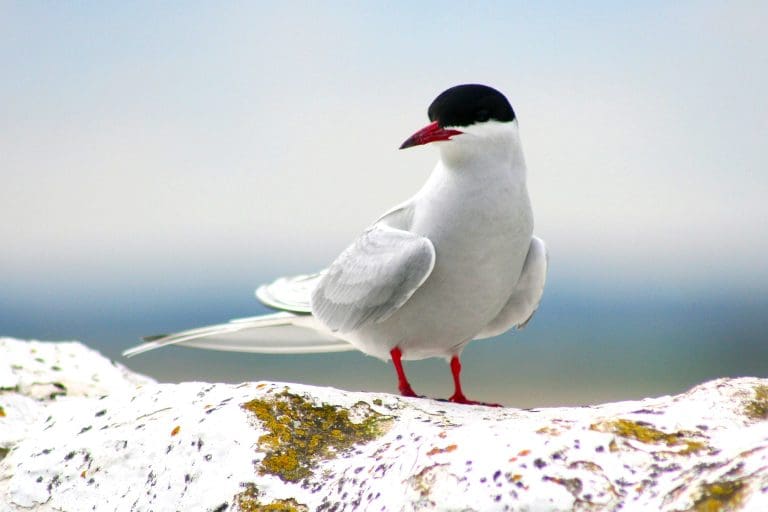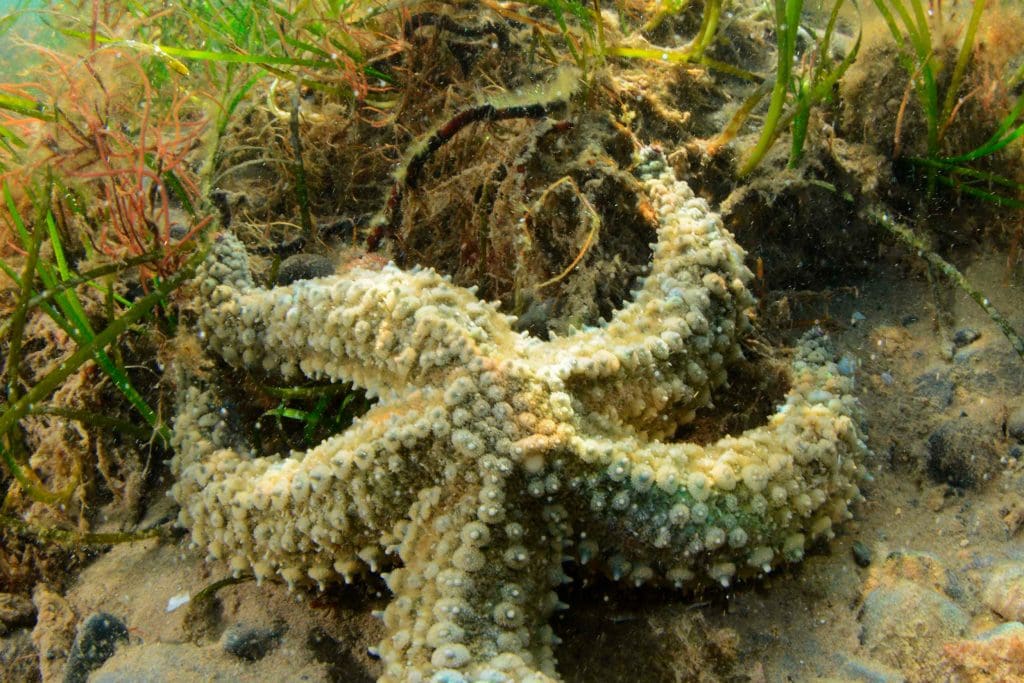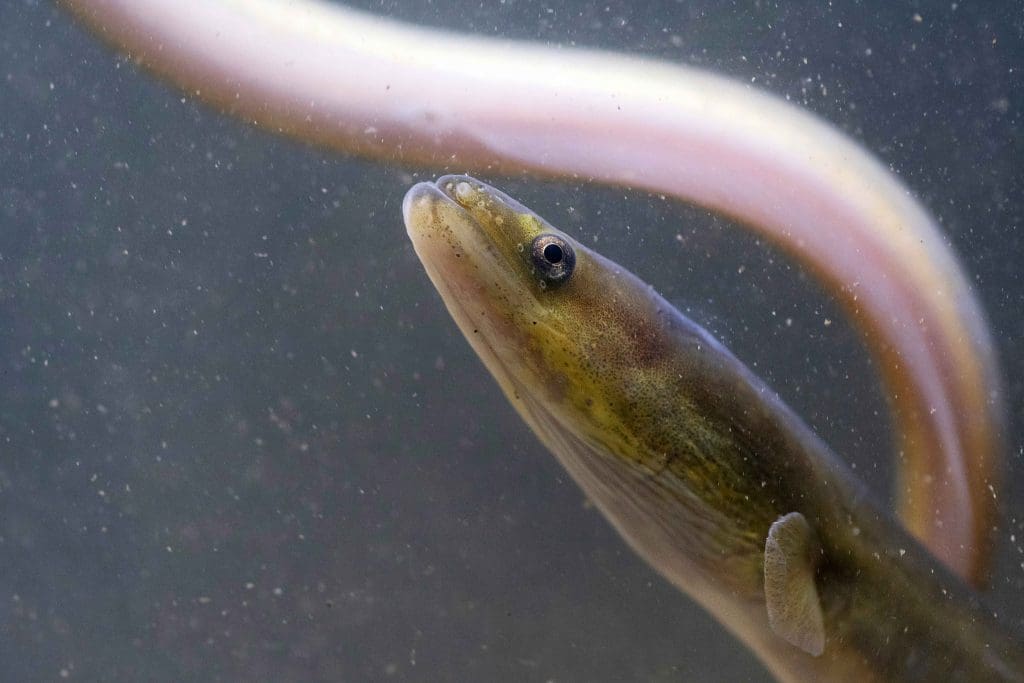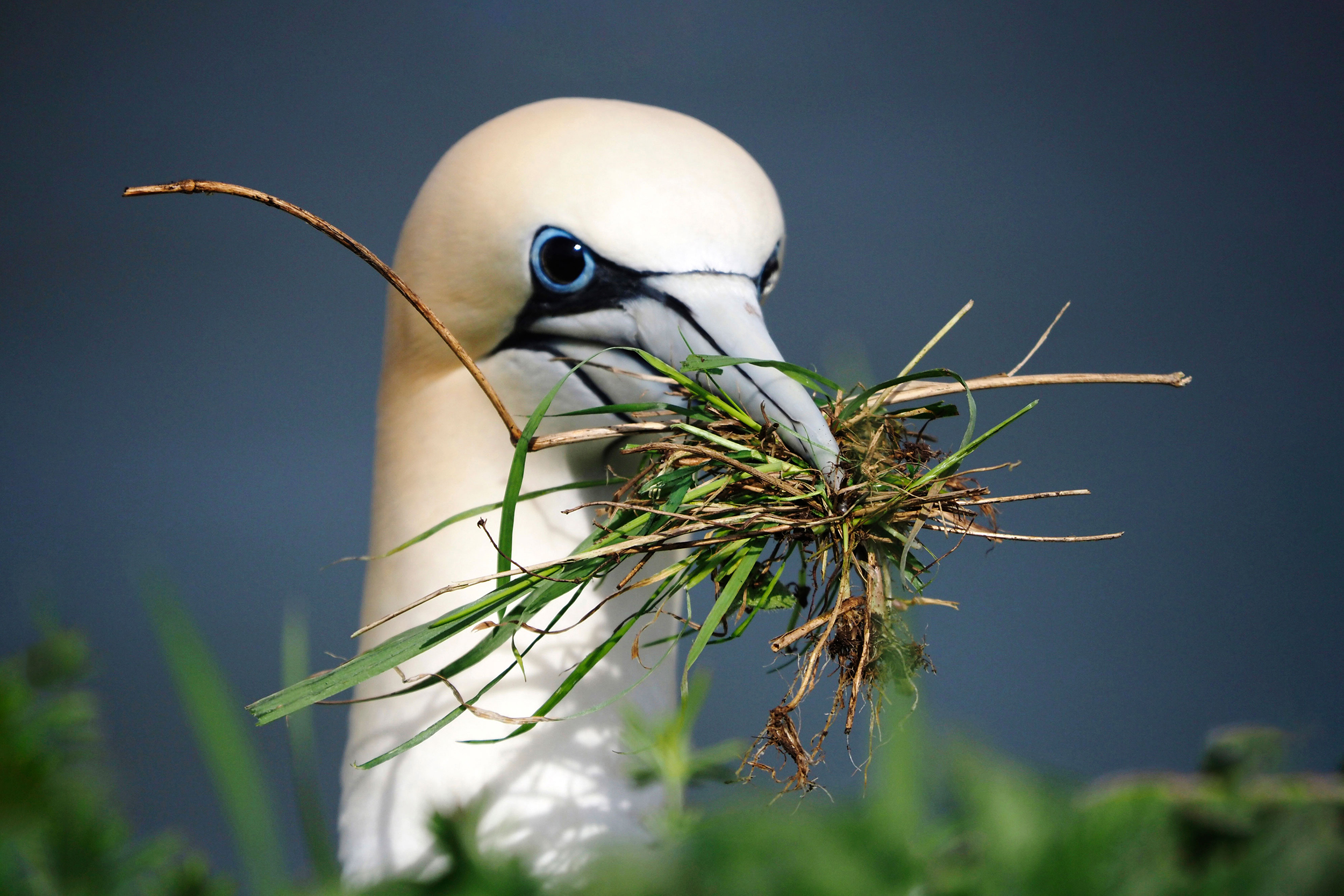Highly Pathogenic Avian Influenza (HPAI), that has devastated the UK’s wild bird populations since 2021, continues to have terrible impacts, particularly on seabirds. This spring, the first outbreaks were in Black-headed Gull colonies across England, then Wales and Northern Ireland, with 30,000 adults dead by late July. Common Terns and Sandwich Terns have also suffered significant losses. Large numbers of dead seabirds, including Kittiwakes and Guillemots, have been reported in Anglesey and Pembrokeshire, and the virus reached Gannets on Grassholm in late July.
In Scotland this year, testing confirmed the presence of avian flu in Common Terns, Kittiwakes, Herring Gulls, Black-headed Gulls, Guillemots and Sandwich Terns, with thousands of birds washing up on the east coast. Large numbers of Kittiwakes have also died at RSPB Fowlsheugh.
Watch this video for an update on how birds have been affected at RSPB Scotland Fowlsheugh nature reserve and across the wider UK. Video: RSPB Scotland
Generous support received through last year’s Avian Flu Appeal funded the purchase of equipment to keep our team and the public safe on nature reserves. It also enabled us to recruit additional staff to coordinate our response and to liaise with UK governments and BirdLife partners on how to tackle this crisis.
We’re undertaking crucial science work, too, including research on the impact of HPAI on Barnacle Geese; collection of blood samples from live birds to test for immunity and infection; and UK-wide targeted seabird population counts in 2023 to quantify HPAI impacts. Our Conservation Science team recently led a study on the internationally important colony of Gannets at Bass Rock, discovering evidence that survival after HPAI is linked to unusual black iris colouration (see main picture above).

Get involved
We’re calling on UK governments to speed up development of seabird conservation strategies, increase research funding and undertake a range of other efforts to minimise the effects of HPAI on our already depleted biodiversity.

Arctic tern. Photo: Paul Turner (rspb-images.com)
You might also like

Blue carbon mapping

Eel migration



